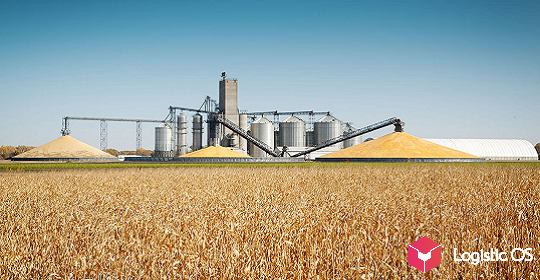The A Just Russia party proposes to limit the maximum markup on the sale of the most essential products for citizens.
A bill has been submitted to the State Duma that, if adopted, could limit the maximum markup on essential goods.
According to representatives of the A Just Russia party, such goods include bread, flour, cereals and noodles, meat and fish, butter and vegetable oil, milk and chicken eggs, as well as black tea, potatoes and cabbage, apples and carrots.
The idea of the deputies is to set a maximum markup on products from this list at 5% for wholesale trade and 15% for retail.
According to some legislators, prices in Russia are currently rising very rapidly. According to official data alone, inflation in August was 8.9%.
However, a number of products are becoming much more expensive, and often there is no basis for such a price increase.
For example, in dairy farms the price of milk is about 20-30 rubles, while on store shelves it is sold for 75-80 rubles per liter.
This is a markup of more than double. If the regulation proposed by the deputies is introduced, the maximum price of milk in stores will not exceed 45 rubles per liter.
At the same time, the problem is aggravated by the fact that now in Russia many families are forced to spend more than half of their income on food. In such a situation, the adoption of a law on regulating maximum prices for socially significant products could ease the situation of low-income families.
In particular, the deputies consider it acceptable to spend money from the state budget to ensure the sale of socially significant products at prices set by the state.
However, limiting the maximum markup would allow retail to provide decent revenue of up to 15% without infringing on the interests of the population.
However, not everyone agrees that state regulation of prices is a good idea.
A number of experts believe that market mechanisms work much better than any artificial intervention and recall that when the state tried to limit prices for sugar and vegetable oil, this did not have a positive effect, but, on the contrary, caused a speculative increase in prices.
There is also an opinion that the markup of retail chains is not the main reason for the growth of prices for food products, since the cost of goods is mainly formed by manufacturers and distributors.
In addition, the markup of retailers does not mean that they receive a large profit, since they bear significant costs for equipping sales areas, taxes and logistics.

